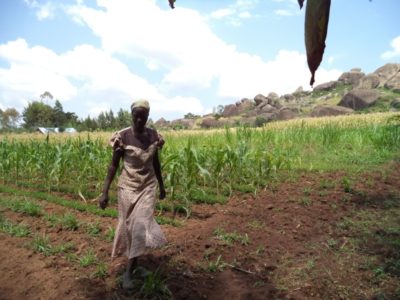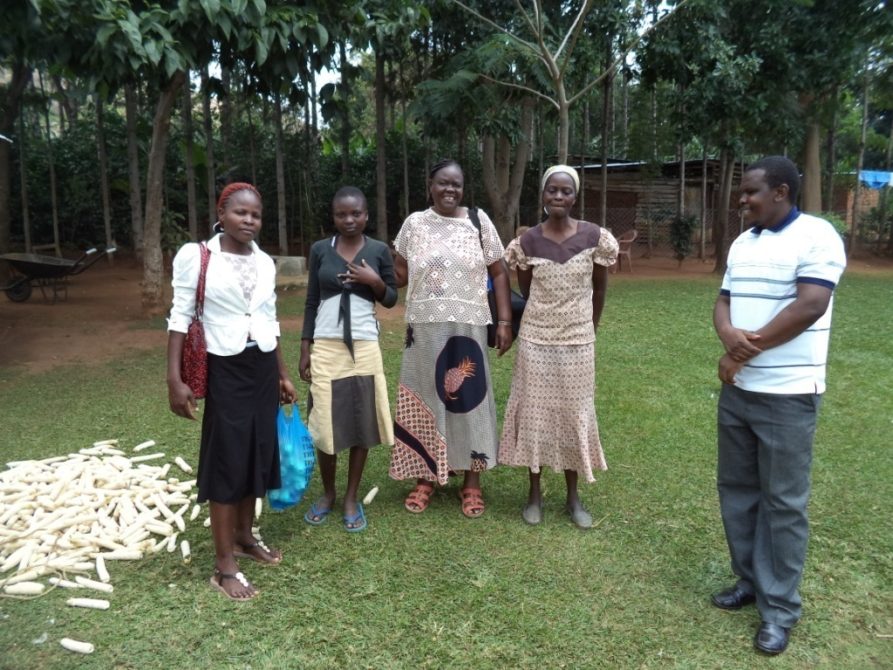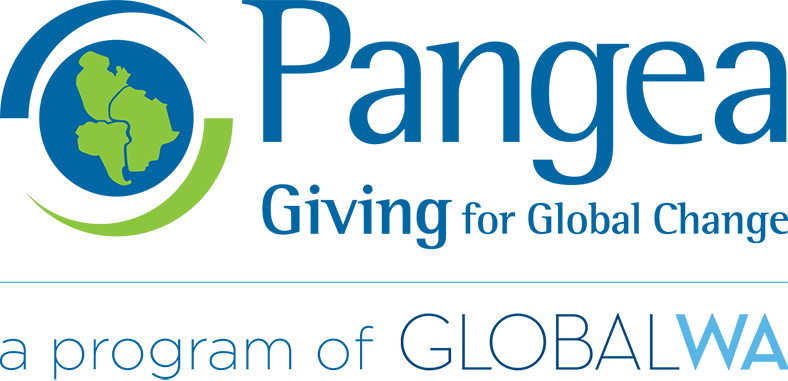Mercy’s road to women’s health—Kenya
In Kisiwa, where Ufanisi Women’s Group operates, 1 in 5 teens is a mother or expecting her first baby. By the time Mercy Namukuru was 15 years old, she was married and had a daughter. Mercy’s education was a low priority since girls in Kisiwa are too often pushed to get married before they turn 18 years of age. Mercy owns a small maize farm and would previously skip working on her farm during menstruation periods due to a lack of access to pads and funds to purchase these expensive disposable items.

Before Ufanisi’s reusable pads project, Mercy and her now 16-year-old daughter would tear off parts of a mattress to deal with periods. Mercy and her daughter failed to work or attend school during menstruation periods, because they feared that the mattresses they were wearing would fall out and embarrass them in public. They also encountered irritations as a result of use of unhygienic mattresses during menstruation periods.
Her poor husband, a casual laborer at a construction site, was always concerned about the disappearance of their mattress in the form of shreds. He occasionally asked Mercy to explain who was tearing the mattress and for what reason. Mercy would beat around the bush and lie, which lead to conflict. Mercy had previously asked her husband, since he controls the money for their family, to purchase sanitary pads, but due to their low income they could not afford to buy them most of the time. On the rare occasions that they could afford it, sanitary pads were not found in local shops.
Having worked with Mercy on maize improvement projects for the last 5 years, Ufanisi Women’s Group realized the menstrual management challenges that Mercy and her school-going daughter went through and selected them as beneficiaries of quality reusable hygienic sanitary pads. The group donated 4 reusable hygienic sanitary pads and provided training on the use and care of the pads to Mercy and her daughter.
Access to these essential women’s health items will help solve their menstrual management challenges and help Mercy tell her husband the truth who was tearing mattress and avoid unnecessary and humiliating domestic fights.
I’m now a proud woman. I can now work on farm and my daughter no longer skips school during menstruation periods after receiving the reusable hygienic sanitary pads. Shreds of mattresses not only caused irritations during menstruations, but led to perennial fights and conflicts between my husband and I. I have now realized that menstruation is just a natural biological process and I shouldn’t hide from my husband what our daughter and I go through and use during menstruation periods. I took a bold step and informed my husband that the mattress was being used by our daughter and me to cover monthly menstruation periods and it was risky and dangerous to our reproductive health. I feared that the worst would happen, but that was not the case. My husband instead appreciated me for revealing the truth and is now supportive of our daughter’s and my menstrual challenges and have dedicated and committed small amounts from his meager income towards purchasing of the now accessible affordable quality re-usable sanitary pads to cover our menstruation periods in the coming years.

